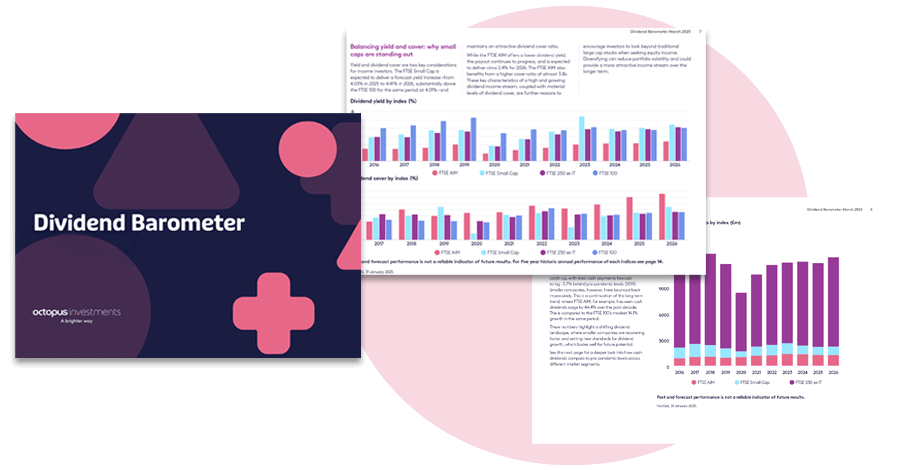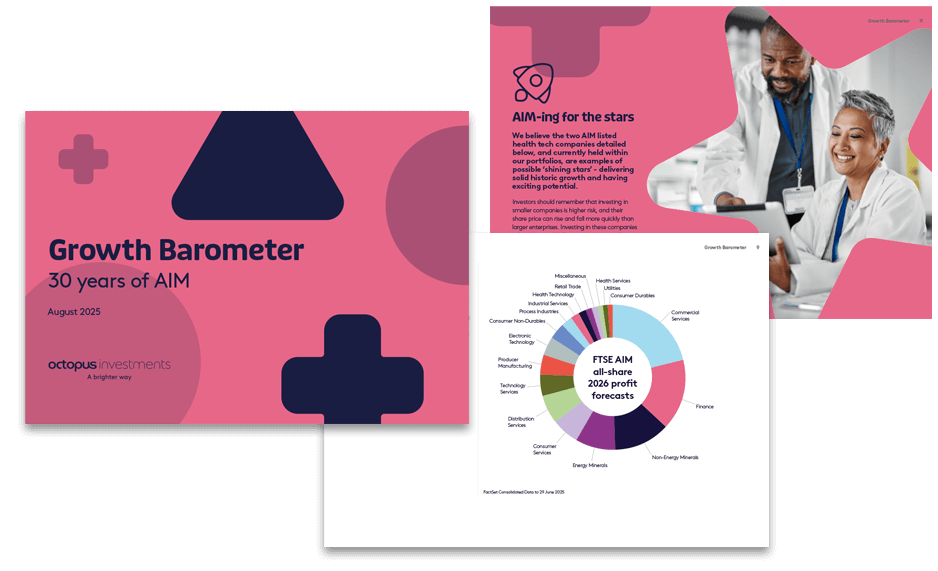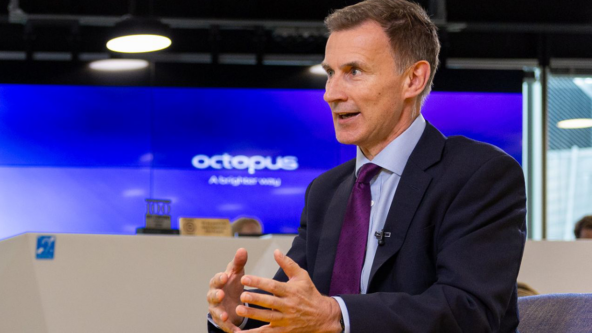“Agua.”
That’s what Ronaldo had to say, holding a water bottle aloft during a press conference during the Euros earlier this year.
In a stance against the world-famous drinks brand, the decorated footballer – and healthy lifestyle advocate – removed two Coca-Cola bottles from view. He did so knowing full well that his actions were against the ‘rules’ and would be seen by millions around the world.
Coca-Cola, which had sponsored the tournament, didn’t do anything wrong here, it’s just the brand didn’t share Ronaldo’s values anymore. You might recall that he was once an ambassador for Coca-Cola.
This kind of behaviour is becoming increasingly common. After all, people want to do business with companies they like; companies they believe will do the right thing.
So, what can financial services learn from this?
Building trust
As the chief executive officer of a fund management company, I spend a lot of time thinking about how to build an even more trusted brand.
The industry isn’t exactly in terrific shape. In fact, financial services ranks as the least trusted industry by consumers globally. It has done in each of the past 10 years.
One area that’s a major exception is the relationship between financial advisers and their clients. Advisers are closely attuned to their clients and know what matters to them.
I see no reason why investment managers shouldn’t aspire to achieve the same levels of trust. It would lead to a better experience for investors and empower advisers to recommend providers with confidence.
But how can providers recreate that amazing, trusted relationship?
I think a big part of the answer lies in companies understanding their impact on the world and sharing the same values as their customers.
That’s one reason why Octopus certified as a B Corporation earlier this year.
What is a B Corporation?
The B Corp certification is one way businesses can measure their social and environmental performance. It helps a company understand its place in the world and align itself with what its stakeholders care about.
A B Corp must regularly assess how its activities impact its stakeholders, with employees, community, environment, customers and shareholders all given equal importance.
You might have come across certified companies in other industries who are passionate about responsible business practices, such as Patagonia or Innocent Drinks. It’s not just ‘trendy’ consumer brands either, as we’ve seen businesses like Coutts Bank recently become B Corps too.
Every certified company is given a score across each of the five stakeholders, all of which are publicly available. Eighty is the minimum total score required, compared to a median score of 50 for the average uncertified business. The certification process is repeated every three years, meaning you can’t rest on your laurels.
Octopus certified with a score of 85 out of a possible 200, meaning we have lots to work on. We scored well in the ‘employee’ category, for example. This reflects the importance we place on mental health, wellbeing and career development, among other things.
Whereas, we still have room for improvement in the environment category. While we’re the largest solar investor in Europe, there’s a lot more we could be doing more to reduce the environmental footprint of Octopus itself.
It’s one of the reasons I think becoming a B Corp is so powerful, as it means your business is scrutinised and held up to a mirror by a third-party, with a clear framework of where you still have work to do. This level of accountability naturally influences how you think about running a business in a very meaningful way.
Crucially, the fact a business is certified should give investors and advisers some assurances that they are doing business with a firm that will act in their best interests.
How you might explain it to a client
Not every client will be familiar with the concept of a B Corporation. We’ve found some advisers like to draw the comparison to a Fairtrade mark you might find on a product, only a B Corp certification assesses a whole company and its behaviour.
The comparison helps someone quickly understand much of what’s important about certifying as a B Corp: an independent assessment of a company, a requirement to balance profit with sustainability issues, and a desire to “do the right thing” and be a force for good.
Why should financial advisers care?
With growing numbers showing interest in investing in sustainable companies that understand their impact on the world, it’s only a matter of time before investors take more interest in the companies they select to manage their investments as well.
That’s why knowing that a financial services company is a B Corp should help you, as it provides genuine reassurance that a company is worthy of investors’ trust.
That in turn should mean financial advisers can more confidently recommend an investment provider, knowing its values align with those of their clients’. It’s also a fair indication that a company is future oriented and set up well to serve investors for the long haul.
I believe this is a trend only going one way. I fully expect to see more financial services companies follow in the footsteps of Octopus and become B Corps too – both advice firms and investment providers. The industry will be all the better for it.
This article first featured in Money Marketing.











